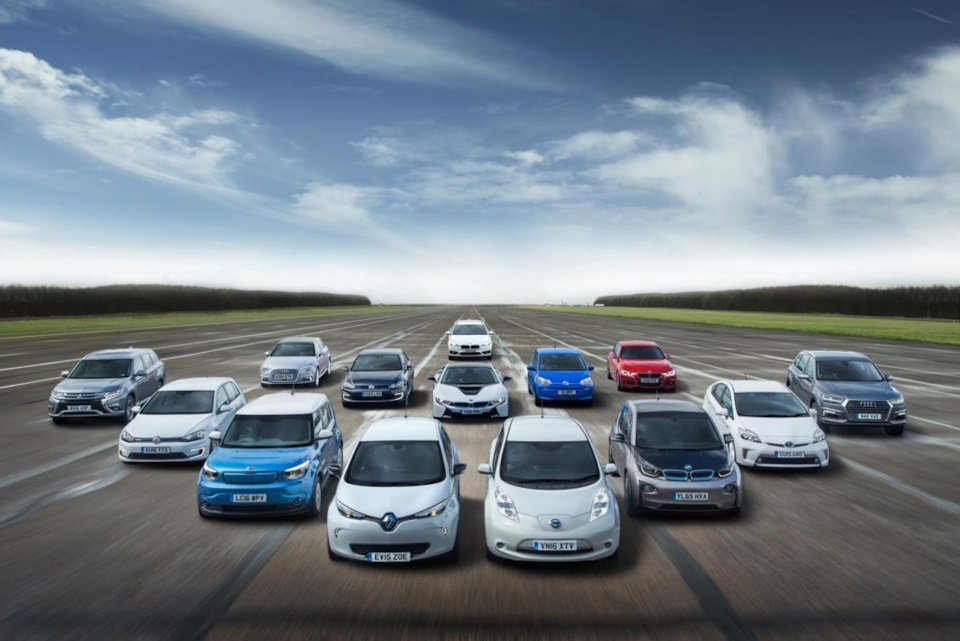
The Future of Transportation and the Evolution of Mobility
The vehicles industry is at a transformational point, bridging traditional automotive manufacturing with cutting-edge innovation and sustainability. As one of the most dynamic sectors, it includes everything from passenger cars and motorcycles to commercial trucks, buses, and emerging electric and autonomous vehicles. The way we move is changing rapidly, and the vehicles we rely on are at the heart of this shift.
One of the most prominent trends is the electrification of vehicles. With rising concerns over pollution and fossil fuel dependency, electric vehicles (EVs) are becoming increasingly mainstream. Major automakers are investing heavily in EV development, producing cars that offer longer ranges, faster charging times, and more affordable price points. Governments around the world are also offering incentives to encourage the adoption of electric mobility.
In addition to EVs, autonomous driving technology is reshaping the future of transportation. Companies like Tesla, Waymo, and traditional manufacturers are testing self-driving systems that promise to improve road safety and reduce traffic congestion. These smart vehicles rely on sensors, cameras, and machine learning to navigate roads without human intervention. While full autonomy is still a work in progress, the advancements made so far are impressive.
The commercial vehicle segment is equally important. Logistics companies are upgrading fleets with GPS tracking, fuel-efficient engines, and automated delivery systems. Heavy-duty trucks, construction vehicles, and agricultural machinery are becoming smarter, safer, and more environmentally friendly. With fleet management software, companies can monitor performance in real time and make data-driven decisions to boost productivity.
Another significant movement is the rise of mobility-as-a-service (MaaS). Ride-sharing platforms, car rentals, and vehicle subscription models are transforming ownership patterns, especially in urban environments. People are prioritizing convenience and flexibility over owning a personal vehicle. This shift is pushing manufacturers and service providers to rethink how they deliver transportation solutions.
Sustainability and environmental compliance are central to the industry’s evolution. Innovations such as hybrid powertrains, hydrogen fuel cells, and biodegradable materials are being explored to minimize the ecological impact of vehicles. Emissions regulations are becoming stricter, and automakers must adapt quickly to remain relevant and compliant.
Finally, design and user experience are playing a bigger role than ever before. Consumers want vehicles that not only perform well but also offer a luxurious, tech-enhanced driving experience. From voice-activated controls to panoramic infotainment systems, modern vehicles are being built to integrate seamlessly into digital lifestyles.
In conclusion, the vehicles sector is no longer just about getting from point A to point B—it’s about creating smarter, cleaner, and more enjoyable ways to travel. As technology continues to advance and consumer expectations evolve, the automotive world is on the brink of a revolution that will define the next generation of mobility.



